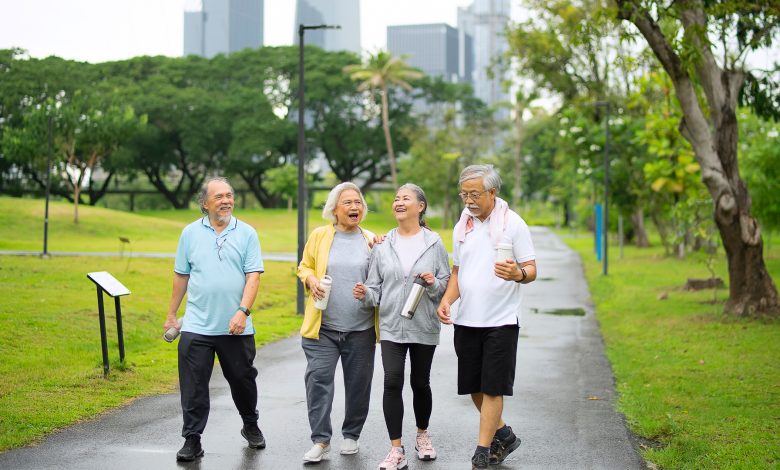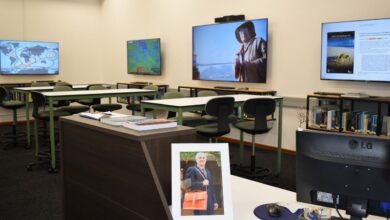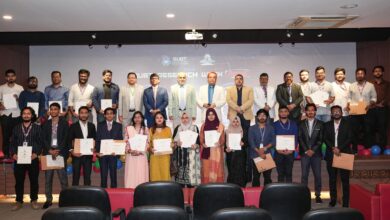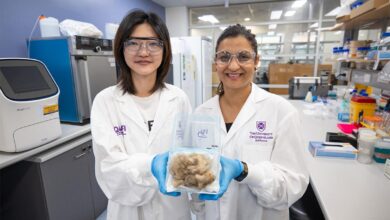Singapore Achieves 10th Place in Global Ageing Society Readiness: Insights from NUS and Columbia University Study

Recent research conducted by the National University of Singapore (NUS) in collaboration with Columbia University has ranked Singapore 10th globally in readiness to tackle the challenges associated with an ageing society. This position is the highest among Asian countries, with Switzerland at the top of the list, Japan in 15th place globally and second in Asia, and the United States ranking 24th.
Introduction of the Global Ageing Index
The study introduced a new assessment tool, known as the Global Ageing Index, which evaluates preparedness for population ageing across a range of economies. The index encompasses data from 143 countries, representing 95.4% of the global population, and examines five key domains: well-being, productivity and engagement, equity, cohesion, and security. The research was based on contributions from a team of 25 experts spanning various income-level nations.
Leadership and Publication
The study was led by Assistant Professor Cynthia Chen from NUS’s Saw Swee Hock School of Public Health and Professor John W. Rowe from Columbia University’s Mailman School of Public Health. The findings were published on December 27, 2024, in the scientific journal *Nature Aging*.
Challenges Faced by Low- and Middle-Income Countries
In her comments, Assistant Professor Chen indicated that while high-income countries generally dominate the rankings for readiness in ageing societies, many low- and middle-income nations are falling behind. Despite having younger populations currently, these countries are anticipated to experience rapid population ageing in the near future. The lack of financial security for individuals in these regions may hinder their access to healthcare as they age, potentially increasing financial pressures on families and leading to broader economic challenges.
The Importance of Proactive Measures
The research outlines the advantages of implementing proactive measures to address population ageing. By effectively managing these challenges, countries might mitigate future healthcare expenses and leverage the productivity and experiences of older adults, contributing positively to society on a global scale. The research team aims to assist nations at various stages of development in prioritizing essential actions in relation to ageing populations.
Assessment of Singapore’s Performance
The performance of Singapore was assessed within the following five domains:
Well-Being (Ranked 1st)
Singapore achieved the top global ranking in well-being, highlighted by indicators including healthy life expectancy, universal health coverage (ranked 6th), and overall life satisfaction (ranked 23rd).
Security (Ranked 6th)
The report emphasizes Singapore’s substantial average income, a strong sense of safety among older adults, and their overall satisfaction with healthcare services.
Productivity and Engagement (Ranked 17th)
Although Singapore excels in retraining programs for its younger demographic, there are significant opportunities for enhancing the workforce engagement and daily activities of older individuals, which have been ranked between 41st and 67th.
Equity (Ranked 36th)
The findings suggest that despite relatively high income levels among older adults, there are disparities in various societal metrics that necessitate action to achieve equitable resource distribution among generations.
Cohesion (Ranked 42nd)
The study highlights concerns regarding social connectivity for older populations, pointing to issues such as trust among neighbors and social isolation.
Significant Initiatives for Ageing Adaptation
The Health District @ Queenstown (HD@QT) is cited as a significant initiative that exemplifies Singapore’s strategies for ageing adaptation. This program is a partnership among NUS, the National University Health System, and the Housing & Development Board.
Final Remarks
Professor John Eu-Li Wong, Executive Director of the NUS Centre for Population Health, noted that the findings corroborate ongoing initiatives within the Health District and underscore the critical role of inclusivity and communal support in promoting healthy longevity.
This detailed study underscores Singapore’s proactive measures in preparing for an ageing demographic while highlighting key areas requiring attention to enhance the quality of life for its older citizens.
(Source: NUS News)




